Conservation groups and growers equally appalled by Columbia County decision to cede 830 acres of prime Oregon farmland and estuary to industrial growth
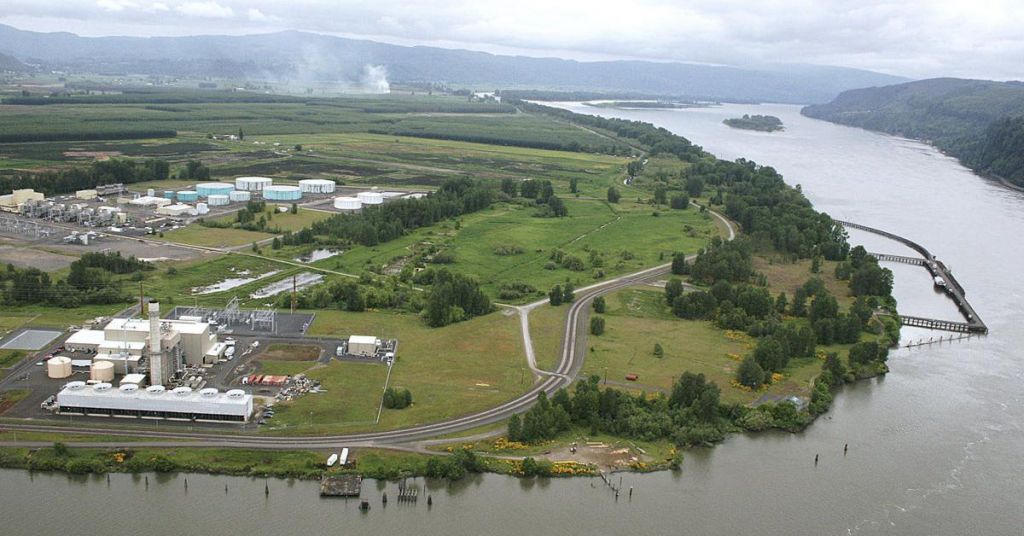
Growing problem: Port Westward Industrial Park on the Columbia River is testing its boundaries. Photo by Columbia Riverkeeper
By Jordan Rane. July 20, 2021. As disagreements over land use go, it’s hard to imagine more diametrically opposed forces than the ones lined up against each other 60 or so miles north of Portland in Columbia County.
Here, along the lower Columbia River, broad tracts of prime Oregon farmland, wetlands and estuary border Port Westward Industrial Park, a 1,700-acre marine property occupied by a pair of Portland General Electric gas-fired power plants and a turnstile of other fossil fuel production players.
That disagreement intensified last week after a unanimous 3-0 vote by the Columbia County Board of Commissioners approved the rezoning of over 830 acres of fertile floodplain for industrial use—specifically for the addition of what would be one of the largest fracked-gas-to-methanol refineries on the planet.
Blueberries, salmon and methanol
Farmers, conservationists and at least a thousand citizens submitted testimony urging the board to reject the Port’s enlargement proposal in an area where farmland and salmon nurseries already tenuously coexist with power plants, oil-by-rail works, coal exporters and future methanol makers.
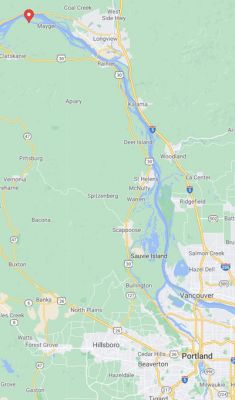
The Port Westward Industrial Park is a little more than an hour north of Portland. Google Maps
What’s the argument against expansion? For starters, threatened water quality and ecological risks to farmers.
“If you’re trying to sell high-value mint and blueberries or protect sensitive habitat for salmon, having a methanol refinery next door is going to be an issue,” Columbia Riverkeeper Conservation Director Dan Serres told Columbia Insight. “It’s an odd fixation the Port has had with this rezone area.
DON’T MISS THE NEXT STORY! Subscribe to Columbia Insight. It’s free.
“The farmland, water resources and salmon habitat here are so important for the community. We feel those values are much more consistent with the health of the county and its long-term economic health than adding a flash-in-the-pan fossil fuel terminal and attempting to rescale Port Westward Industrial Park from its already impactful size to that of the Port of Vancouver.”
“Removing zoning protections for over 800 acres of primarily high-value farmland is no way to thank farmers for their ongoing contributions to our state or to help new farmers gain access to farmland,” said Jasmine Zimmer-Stuck of 1000 Friends of Oregon in a recent press release. “The soils, sensitive water resources and valuable farmland at Port Westward are remarkable.”
MORE: Less snow is the new norm. That’s trouble for farmers
The latest board vote follows previous expansion bids from Port Westward, which were challenged by two appeals. A third appeal with Oregon’s Land Use Board of Appeals (LUBA) is now in the works.
“We’ll be back in front of LUBA—essentially arguing ‘how can a port credibly claim that this huge industrial footprint will have no impact on adjacent farmers?’” says Serres. “There’s been a long-standing tension about whether that spot of the Columbia River makes sense for fossil fuel development.
“Over and over, the community has pushed back and said, ‘No, it makes a lot more sense for salmon, for farms and resources consistent with Columbia County than it does to liquify gas.’”
Columbia Insight contributing editor Jordan Rane is an award-winning journalist whose work has appeared in CNN.com, Outside, Men’s Journal and the Los Angeles Times.

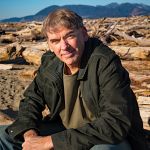
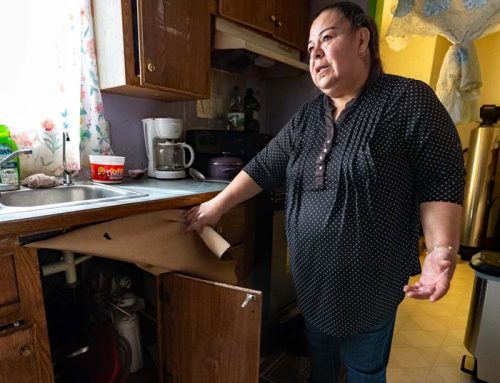
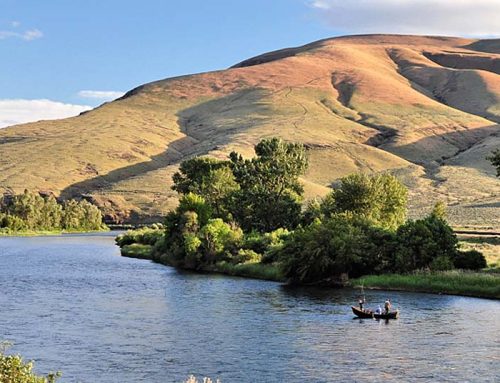
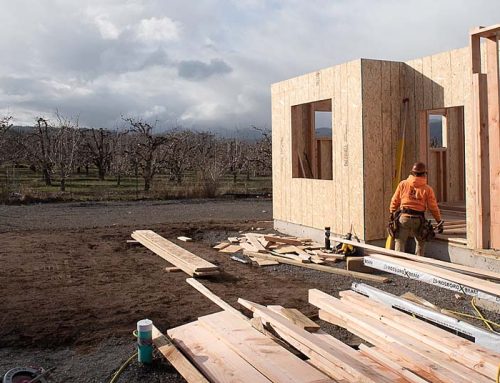
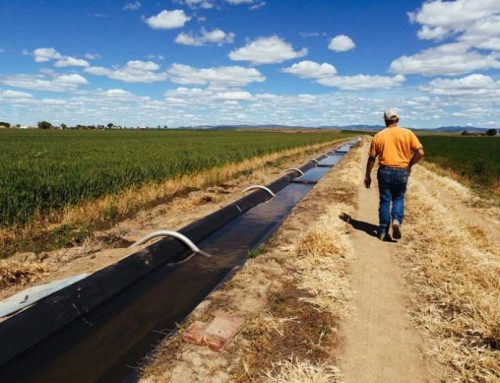
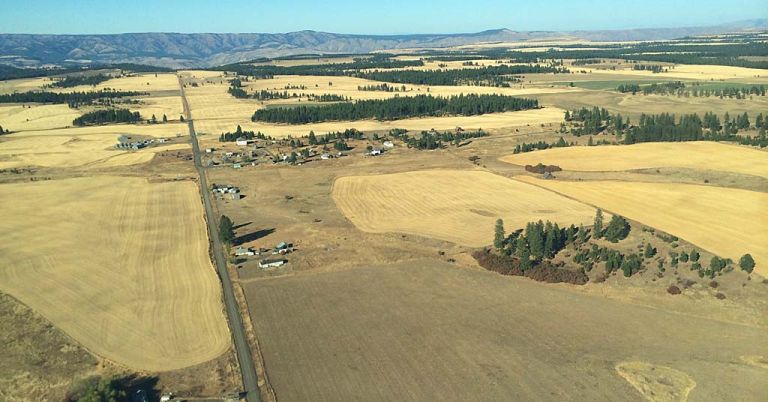
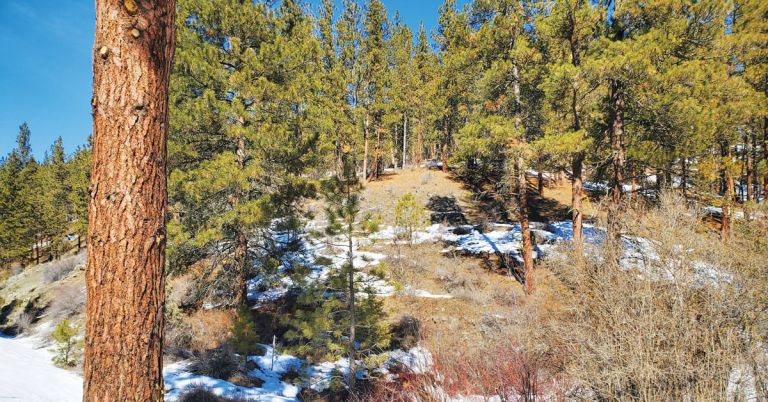
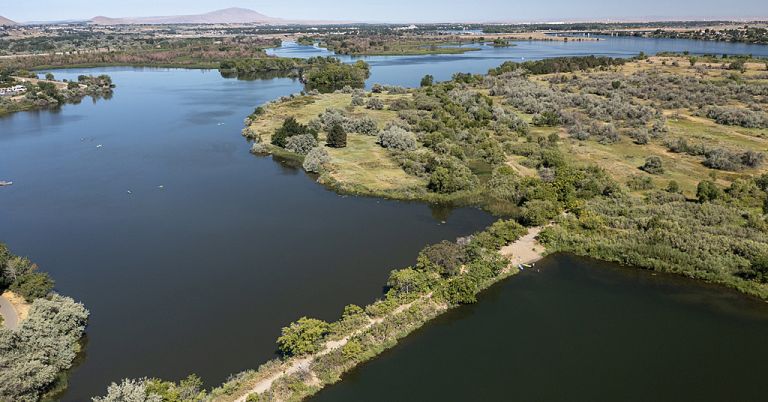
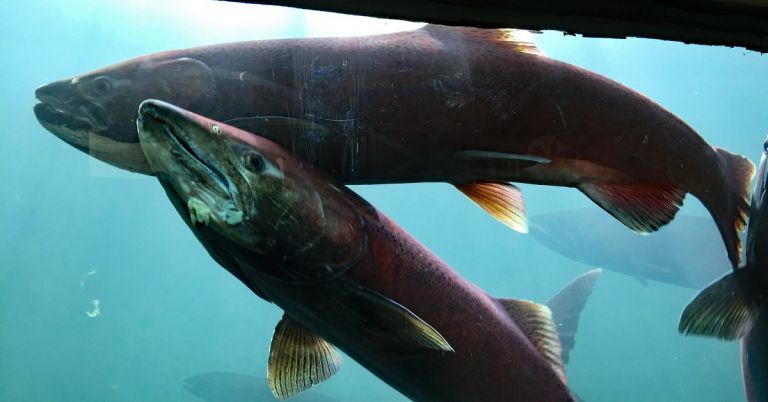


This is unconscionable! It’s difficult to think of anything politicians like this won’t sacrifice for economic expansion, even when Oregonians are dealing with increasingly urgent consequences of climate change! Which was caused, or at least made much worse, by rapacious ill-considered growth. I hope this decision is reversed.
Water is going to become an even bigger issue, in the coming years. Prime farmland with water, will become even more Valuable.
Protect our water sources.
Our drinking water comes from the Columbia river.
Are these folks willing to keep us supplied in bottled water? It’s already to the point of undrinkable unless you own a filter system. So now our animals won’t even be able to drink it!!!!????
Hey I just want to let you know that you have your map wrong. On the map it says it’s the location of port westward but that is the location of a ethanol plant not port Westward. Port westward is located in claskskine not st Helens. Please fix this
Hi Luke: You’re correct about the map. Per your comment, the map in this story has been replaced with one showing the correct location of Port Westward Industrial Park, which is just over (not just under) an hour’s drive from Portland. Thank you for your diligent reading. —Editor